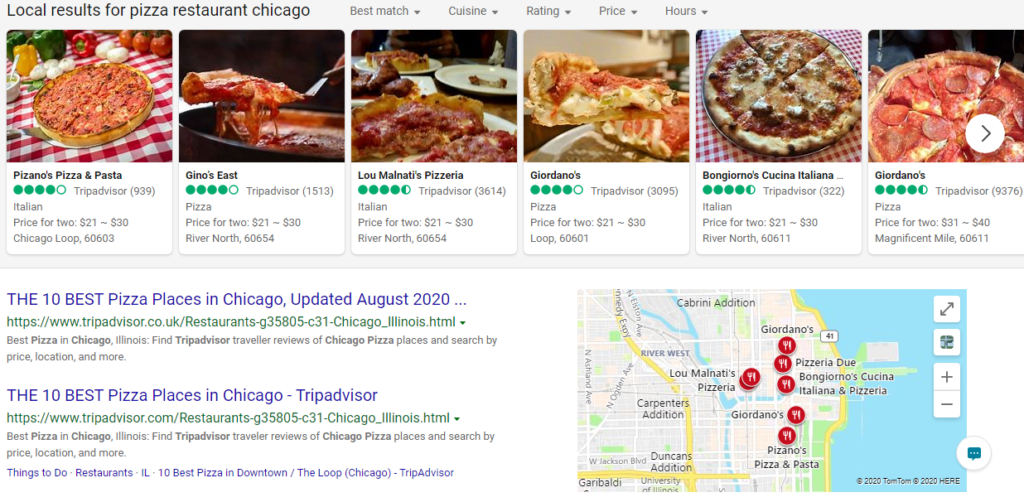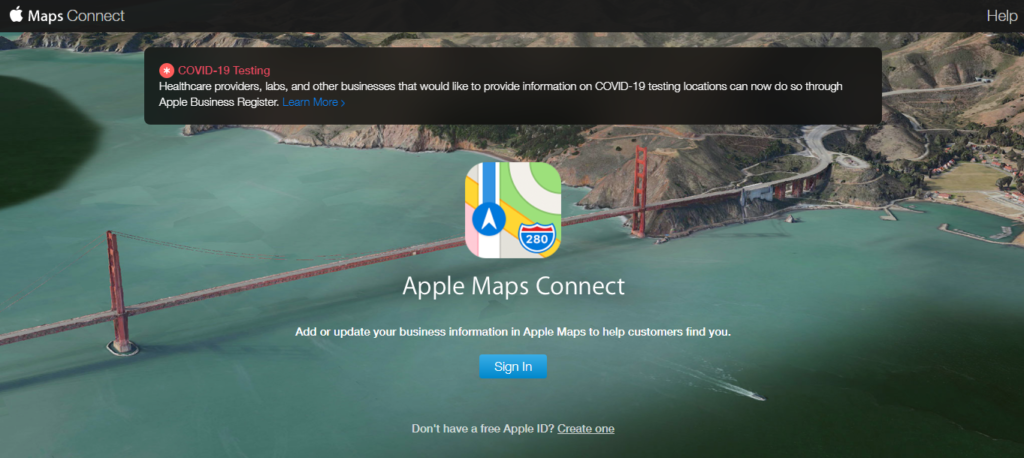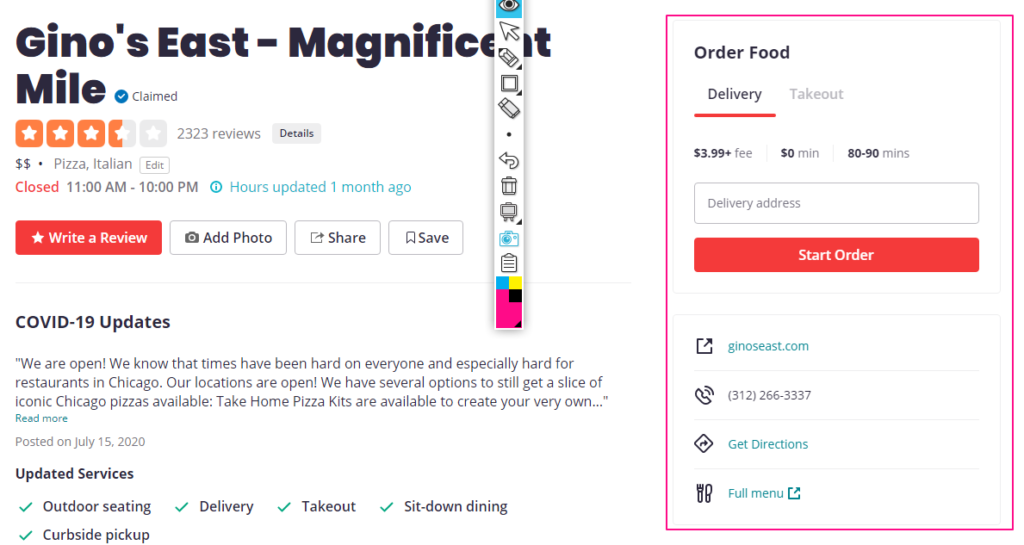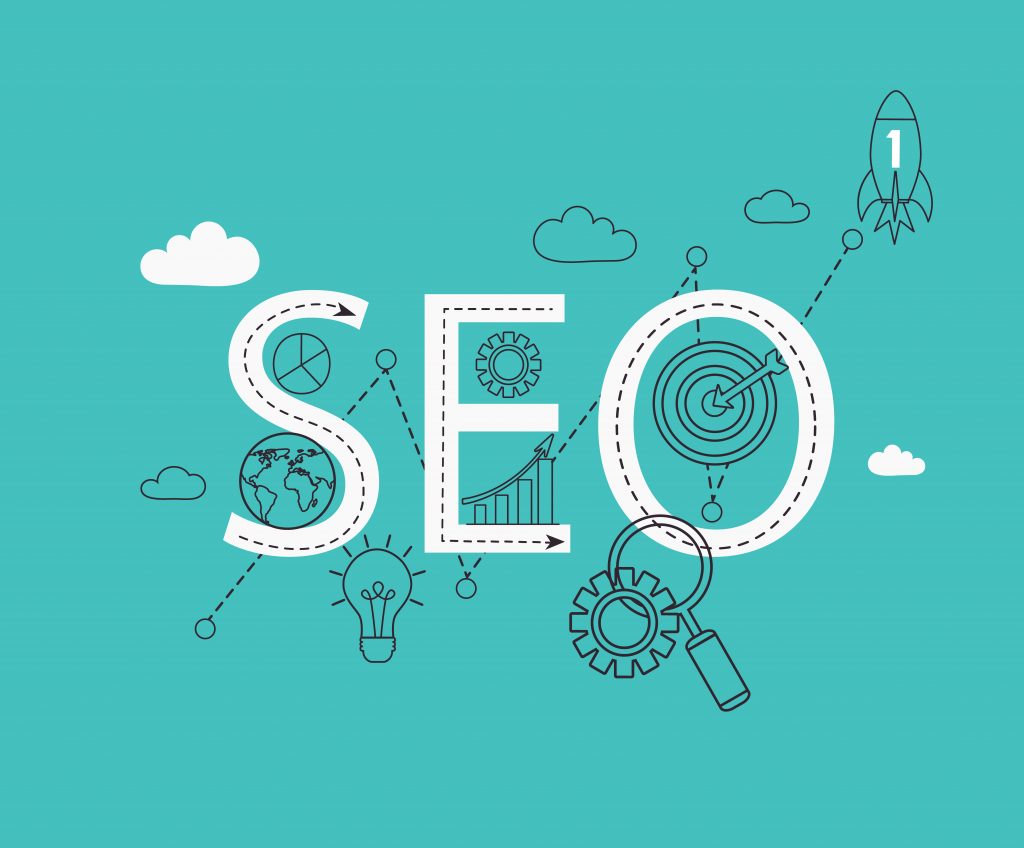Last updated on April 2nd, 2025
If you’re a local business, then you need an agency specialising in local SEO.
After all, 78% of location-based mobile searches result in an offline purchase. That’s some killer ROI right there.
But the packages on offer can be confusing. How much does it cost and what should you look for?
We go into all of this, as well as the questions to ask to make sure you’re going with the right service.
How much does Local SEO cost?
Although it would be nice, there’s no one cost for local SEO packages, since the amount of time and resources required depends on a few factors:
- Your industry – some industries are more competitive online than others. For example, restaurants in cities tend to be fiercely competitive. Carpenters, not so much.
- The area you cover – do you cover one small local area, multiple areas, or an entire state? The more location keywords needed, the larger the scale of work required.
- How many products/services you have – if you have many products/services, this again means more keywords need to be targeted.
What to look for in Local SEO packages
Google My Business
Local SEO results are displayed a little differently to standard search results.
Google features your business in the map listings at the top of the search page.

This is called Google My Business. You can create your own listing, adding information about your business to the world’s most popular search engine.
It’s not just your location, either. You can provide all sorts of information that your customers will find useful, such as images of your business, your phone number, opening hours, and reviews.
As you can see, it also shows the same information about your competitors. Infact, it only shows details about three businesses in total.
Getting into the top three takes a lot of work, and should be the ultimate aim of any local SEO strategy.
This map result is particularly popular on mobiles. Infact, 88% of searches for local businesses on mobiles now either call or visit the business within 24 hours.
Google My Business has become very advanced. You can now do amazing things with it, including:
- Post images under different categories like ‘inside’ and ‘outside’
- Schedule appointments/reserve tables
- Include your menu
- Create posts: news, events, products and special offers.
- Include videos
- Publicly answer questions that people ask
It’s almost like a social media channel. And the more information you include, the more likely you are to make it into the top three.
The Bing search engine also has an equivalent, Bing Places.
It’s displayed a bit differently, but essentially you have to fill out your Bing Places listing just like your Google My Business listing.

Bing only has a 2.78% market share, but it’s the second largest search engine and still represents millions of searches and may be less competitive, so it’s well worth doing.
And many forget about Apple Maps too, which is on every iPhone by default. Since most local searches are done by a mobile, it’s important to complete this listing too.

Image Source: Apple
Citations
Citations are also a critical part of local SEO, and Google My Business is just one of them.
When someone searches for a local business, directories and review sites tend to dominate the first page of results.
The most popular are Google My Business, Yelp, and TrustAdvisor. But there’s probably also directories specific to your industry, for example:
- Hotels – booking.com, Kayak, Trivago
- Doctors – zocdoc, Webmd
And so on.
As well as a lot of local directories, such as “Austin Regional Clinic” for finding a doctor in Austin.

A completed listing on one of these sites is called a citation. It basically provides all the information someone would need to get in contact with your company.
Once you’re listed in these directories, your own website is more likely to rank higher in Google, as well as the likelihood of your business appearing in these directories on Google.
For example a search for the restaurant ‘Gino’s east chicago’ shows it’s own website first, and then it’s Tripadvisor and Yelp listings second and third.

Both of which give all the details searchers need to order online or visit you and turn into a paying customer.

Image Source: Yelp
Reviews
In addition to local citations, search engines rank you according to the quality and quantity of reviews that your business has.
So it’s important to have a great relationship with your customers, and to get them to fill out as many (positive!) online reviews as possible.
For example, you’ll see the top Google My Business listing for ‘pizza restaurant in Chicago’, a highly competitive term, has thousands of Google reviews with an average 4.6 star rating:

But not only that, it’s also garnered thousands of reviews from three specific sites: Yelp, Facebook and Tripadvisor:

These numbers are a little extreme, but as you can see, the rating on all these sites is 4 or above, which is what you want to aim for.
An SEO agency should help you come up with a pipeline for gathering constant, positive reviews across the most important review sites in your industry.
This might be Yelp, Facebook, Tripadvisor, etc, and/or something more niche, depending on your industry.
For example, if you’re a doctor, this might be the American Medical Association’s directory.
If you’re in a less competitive industry, don’t worry; you’ll only need a fraction of these reviews to rank above your competitors.
Website localization
If you serve more than one location (which you probably do), you can create separate pages using ‘local’ keywords.
For example, you could create two similar pages, one targeting the google search ‘plumber Houston’, and another targeting ‘plumber Pasadena’.
You can’t put the exact same content on both, as Google has a rule against ‘duplicate content’. However, by changing the wording around, you can rank for when people search for both locations.
You can also get involved with a local organization or event (e.g. sponsoring, or taking part) and include this on the page with links to add local credibility to Google.
Mobile-friendliness
Mobile use for local searches have skyrocketed in the last several years, as people search for local businesses whilst they’re out and about (for example, searching for cafes or shops nearby).
Your website may technically have a mobile version, but how usable is it, really?
Because in today’s market, it needs to be a pleasure to use. The stats say it all: 61% of mobile searchers are more likely to contact a local business if they have a mobile-friendly site.
It also needs to be lightning-fast. Google have clearly stated that speed affects your rankings, and it’s easy to see why.
Did you know that almost half of your visitors will leave your mobile site if it takes more than 3 seconds to load?
But, we bet that your site takes a lot longer.
Fixing speed is one of the more technical aspects. Ways to do this include fixing errors, minimizing your html and CSS, optimizing images, using browser cache, and using AMP. You may need to look at your hosting, too.
Can I do local SEO myself?
So you may be thinking, this is pretty easy, why can’t I do it myself? Well, you’re right, a few local SEO processes can seem pretty simple.
Take citations.
All you have to do is add yourself to a few directories, right? How hard can that be?
Actually, it’s extremely time-consuming, and this is where industry expertise comes into play.
First of all, a lot of directories now don’t just list your phone number and address, but are turning into very rich profiles, which take a long time to do, such as on Yelp.
Updating citations and monitoring reviews is a particular challenge. If done well, your website will end up on hundreds or possibly even thousands of directories.
Because believe it or not, if all of these aren’t exactly identical (such as one address listing ‘Salisbury Avenue’ and one ‘Salisbury Ave’, Google sees this as a red flag and seriously penalizes you.
This means you will drop in the rankings, and are very unlikely to be listed in the top three Google My Business map listings.
Not to mention if you actually want to change something, such as your opening hours.
Manually updating these would take forever. Fortunately, there are professional software tools out there to audit, monitor and fix your citations.
Google My Business may also look simple, but monitoring your rankings isn’t as easy as it sounds.
If you’re standing on the east side of Chicago and type in ‘pizza restaurant near me’, you’re going to get a completely different map listing to if you’re standing on the west side of Chicago.
Or just a couple of blocks apart, for that matter.
So you need specialized tools to help you monitor your ranking in every location.
And if you’re not in the top 3, how far off are you and how can you get into the top 3? Expert analysis is needed to work out where you’re going wrong.
Call tracking is also often used by SEO agencies to monitor how much business you’re actually receiving from Google My Business, so you can really see your ROI.
Is it important to use traditional SEO too?
Yes, traditional SEO should be used alongside local SEO, for two reasons.
Traditional SEO helps your local SEO
Firstly, the chance of you appearing the top three in the map listing is also based on traditional SEO.
Moz did a study and found that things like links and on-page SEO are also major factors for getting into the top three.
Links account for 17%, and on-page SEO for 14%. That’s almost a third in total.

Image Source: Moz
Links and on-page SEO can be greatly improved by content creation, the staple of traditional SEO.
Traditional SEO is important in itself
Second, you might not be able to appear in the top three map listings if your industry is highly competitive, but a whole host of normal links appear below the map listing. If you don’t do any traditional SEO, you’re wasting all this valuable real estate.
Below you can see two pizza restaurants have been able to get in the first few results of the normal Google listings for the term ‘pizza restaurant Chicago’.
This will bring them huge amounts of traffic.

Also, the Yahoo search engine (the third most popular search engine) doesn’t have a Google My Business equivalent, so only traditional SEO works on this.
A good SEO agency definitely won’t just focus on local SEO, but will incorporate technical SEO, content creation and link building into their SEO plan for you as well.
Questions to ask a local SEO service
Bearing all this information in mind, there are several key questions that you can ask an SEO service to see if they’re going to be the right fit for you.
How are you going to measure ROI?
As mentioned previously, call tracking is an excellent way to measure ROI from Google My Business, the main staple of local SEO, and so this should definitely be incorporated.
Are you going to incorporate traditional SEO?
As we’ve explained, traditional SEO is crucial for helping your local SEO, so you need to make sure they’re not only going to alter your Google My Business listing, citations and reviews.
If on-page SEO, content creation and link building isn’t going to be a part of their SEO roadmap, it’s best to look elsewhere.
What backlinking strategies are you going to use?
Make sure their backlinking strategies are white-hat only, rather than unscrupulous black-hat techniques that could produce a large number of low-quality backlinks that will hurt your rankings in the long-run.
Black-hat techniques include link farms and paid links.
Am I going to get regular reports?
You want to make sure you’re not just going to have to take the SEO agencies word for it that ‘everything’s on track’; you should be getting clear, regular reports to really show what they’re delivering and how you’re getting a return on investment.
Some of the best agencies use Google Data Studio to deliver easy-to-understand, but tailored reports.
Ranq.io is a top local seo company
We regularly deal with local businesses, and have a team of local SEO experts with the knowledge to help grow your rankings both in the map listing and regular search.
We take into account the number of locations that your business has, the industry that your business is in, and the competitiveness of that space.
We understand there’s no one-size-fits-all solution for any SEO strategy. That’s why we create a fully-customized plan tailored to your business and your industry.
To see how we can help you, reach out for a free chat today.


Ꮤe’ve ѕeen the results that we’ге hoping for.